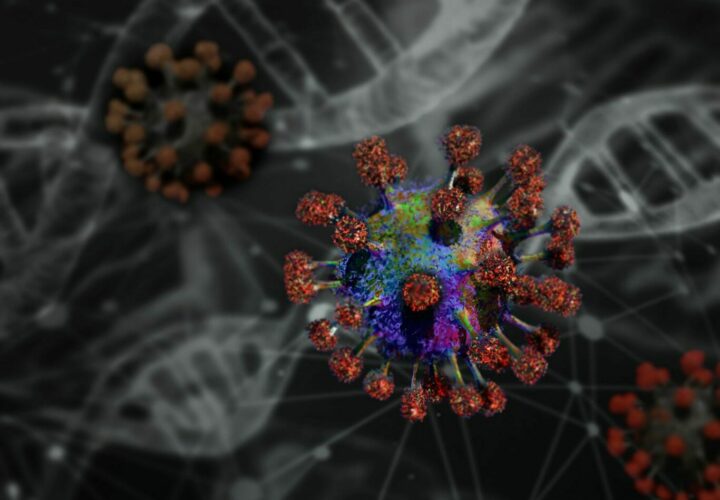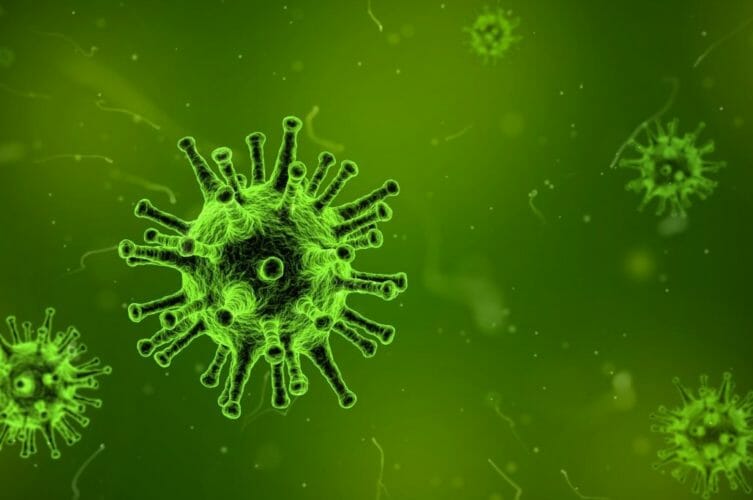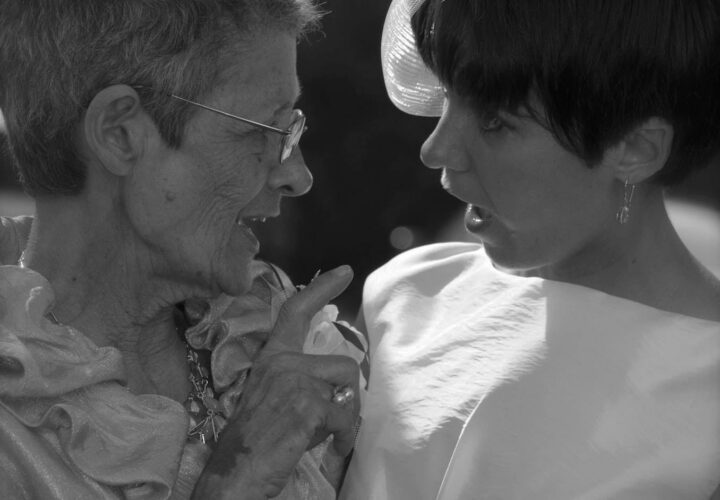With fears of the coronavirus spreading, it’s important to consider practical steps to prevent the spread of the disease, particularly among vulnerable populations like elderly and people with dementia.
Being Patient spoke with Dr. James Ellison, a geriatric psychiatrist at the Swank Memory Care Center at Christiana Care, about why people with dementia have an increased risk of contracting the coronavirus and how to prevent the spread.
Why Are People With Dementia at a Higher Risk of Coronavirus?
Being Patient: Talk to us first about why people with dementia are more at risk for the coronavirus.
Dr. James Ellison: It’s important to think about the particular population of people with dementia. Something like 5 percent of older adults live in long-term care facilities, and as many as two-thirds of people living in nursing homes suffer from dementia. It’s very common. I think that people with dementia have three important points that relate to this topic.
The first is that they’re more likely to catch this disease if they are exposed because older adults who have dementia may be less able to take the common sense and reasonable steps that are necessary for protecting themselves. They may not remember to wash their hands, they probably won’t remember to cover their coughs, they may not have the same judgement in keeping a distance from people who are infected.
As a result, they’re going to be more exposed to the risk of catching the disease. And similarly those same reasons are going to make them more likely to spread the disease as well. They may not have the judgement to keep their distance. People with dementia may also have impaired recognition and awareness of symptoms.
So although they might have a headache, or a low-grade fever, or be coughing, it’s possible that they won’t be as aware of it or be able to report it to their caregivers that something’s wrong and they might need medical attention. And if it isn’t brought to attention, they’ll be exposing others to the virus during the period of time when they’re highly contagious.
The third point that I think is important to think about is that they’re more likely to be the kinds of people who will die as a result of this infection. In China, the average age of people who died from this disease was 75, and that’s significantly higher than the average age of people who are infected.
So there’s a predilection for this disease to be more severe among older people. And speaking of diseases, older adults do tend to have these co-morbid diseases that were linked with greater likelihood of death with a coronavirus infection.
Having the Coronavirus Conversation
Being Patient: What about just communicating the contagiousness of the virus to people with dementia? Would you say to send out the warning signals, or is it really just up to the caregiver to manage the care and make sure all precautions are taken?
Dr. James Ellison: There are various kinds of dementia and various stages of dementia, so there certainly are people with what we would call dementia who would be able to understand that there’s a risky infection and that they need to wash their hands and limit their exposure to other people.
But once dementia progresses to the point where someone has significant short-term memory problems or significant trouble understanding reasoning and thinking about proper behavior, at that point it really does fall on the staff. So it may be that the staff will be encouraging residents of facilities to wash their hands much more frequently after going to the bathroom, when they’re having contact with other people, and at other times throughout the day.
And then also being careful about bodily secretions, and if anyone has symptoms being careful to isolate them and use appropriate personal protective equipment to protect them. The care of the caregiving staff is going to be really important because one infected staff member who is asymptomatic but spreading the disease could create havoc in a long-term care facility.
There could also be people with dementia who would be frightened, or aggravated, or worried, or potentially even delusional if they were told about a potentially lethal disease. It could serve to only upset them. So I think the caregiver and the family will have to judge how this information will impact the person’s behavior.
If the person is capable of absorbing the information in a way that it will help them to protect themselves and not be upset, then of course a conversation about it is very reasonable. We don’t want to take away whatever level of autonomy the person may have. On the other hand, if it’s only going to upset and frighten and aggravate the person, then let’s spare them that conversation.





Hi there. Would you have any advice on how to help someone with cognitive impairment understand the impact that this virus and social distancing / self isolation is going to have on them. My mum suffers from MCI and is yet to be diagnosed with dementia so we have little to no support from established organisations or charities. The reality is that she doesn’t understand how the virus is transmitted and on a daily basis forgets that she needs to take precautions. Aside from this she also lives alone and I am concerned that she is unable learn new ways of using technology to keep herself healthy during the next 3-6 months. I don’t know how else to have the conversations with her to help her remember, or where to even get started with supporting her to find new routines. We are in the UK and the advice now is to self isolate for 12 weeks. I’m worried as the only person supporting her, to even visit in case I risk transmitting anything. Any advice you can give would be appreciated.
Dear Gayle,
Thank you for your question. If your mother is at the level of “MCI” then she should be able to understand the safety precautions necessary for protection of her health. If she can’t understand and enact these, and is dependent upon care from you in various ways, I suspect she is already at the stage of mild dementia. Asking her health care team to review her diagnosis might make additional supports available so that may be worthwhile.
If she is homebound and you are the only visitor, she should be protected from transmission and health precautions become less critical. If she is not homebound perhaps she should be advised to remain at home and that will protect her. A general principle in caregiving is not to expect a person to perform tasks beyond their capacities – and she may be impaired enough to have lost the ability to remember to take appropriate precautions. Then those who care for her must serve as substitute decision-makers (whether officially or unofficially) and help her remain safe.
I have heard that some caregivers are now putting signs near the soapdish/sink reminding a person to “wash hands thoroughly with soap and water for 20 seconds”. If you mother is able to respond to a reminder of that sort, it could be useful. Of course it’s also helpful to restrict visitors to avoid potential exposure. In her case as in that of others who are cognitively impaired, the best protection is prevention and the best preventive efforts are those of the caregivers.
Best wishes,
Jim Ellison MD